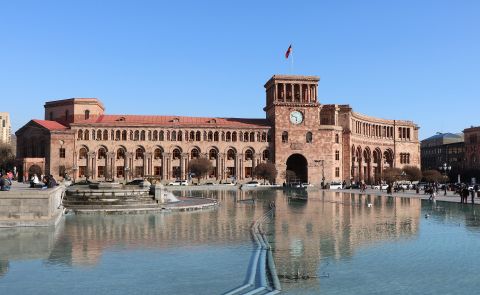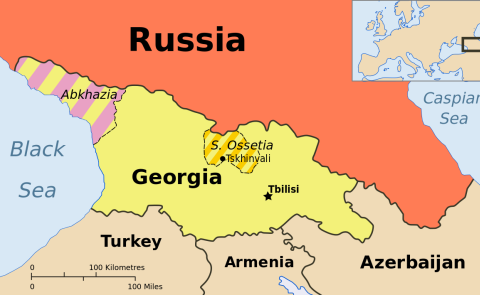
Geneva International Discussions Co-chairs Visit Georgia

On February 6-7, Co-chairs of the Geneva International Discussions (GID) traveled to Tbilisi. The delegation, which included Toivo Klaar, the Special Representative of the EU for the South Caucasus and the Georgian Crisis and Co-Chair of the Geneva International Discussions, Ayşe Cihan Sultanoğlu, the Special Representative of the UN for the Geneva International Discussions, and Siegfried Wöber, the Senior Political Officer from the OSCE Conflict Prevention Center, held meetings with high-level Georgian officials.
The situation in Georgia's occupied areas was covered at the meeting between Georgian Prime Minister Irakli Gharibashvili and the Co-Chairs of GID. It was stated that finding peaceful solutions to disputes is crucial. The significance of establishing successful, concrete outcomes in the framework of global debates in Geneva was highlighted in this regard. Also emphasized was the necessity of continuing the Gali IPRM meetings. PM Gharibashvili commended Klaar for peacefully resolving the problem and reaffirmed the Georgian government's dedication to this policy.
Moreover, Toivo Klaar met with PM Garibashvili separately on February 7. The parties talked about the security situation and issues in the area. The conference was followed by a meeting of the two presidents in Tbilisi, when it was reported that Georgia had successfully mediated, resulting in the transfer of POWs from Azerbaijan to the Armenian side and the transfer of minefield maps from Armenia. PM Garibashvili stated his willingness to continue serving as a mediator between the two close neighbors.
Also, the EU, UN, and OSCE Co-Chairs met with each other on February 6 at the Georgian Foreign Ministry. At the conference, the parties emphasized the significance of the GID's efficient and seamless operation as the sole forum for talks between Georgia and Russia about the latter's fulfillment of the ceasefire agreement from August 12, 2008.
Notably, Inal Ardzinba, the de-facto Foreign Minister of Russia-occupied Abkhazia, said on January 31 that the EU, UN, and OSCE unilaterally canceled the 57th GID session. According to him, the action creates new challenges to peace and security and is political.
Also, the Russian Foreign Ministry characterized the decision to postpone the GID February round as absolutely artificial. It claimed that it was taken without preliminary consultations with all delegations as the continuation of the destructive course of the westerners aimed at blocking the work of the GID.
The GID members from separatist Abkhazia and Russia declined to host the co-Chairs for the planned sessions. There is currently no information concerning a prospective conference that would take place in separatist South Ossetia. According to the Russian Foreign Ministry, the Abkhaz and Ossetian allies completely concur with Russian assessments.
See Also

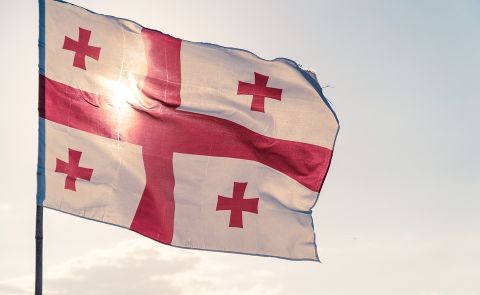
Georgian Bishop Accuses Government Official of Plotting Assassination; Opposition Leader Alleges Husband’s Abduction
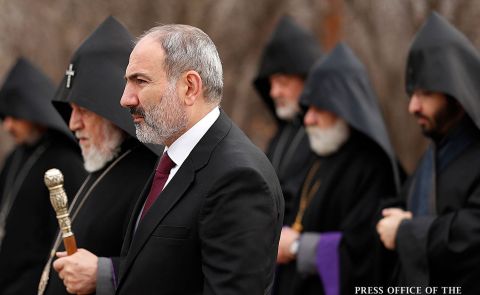
Armenian Government and Church Face Growing Tensions Over Leadership Allegations
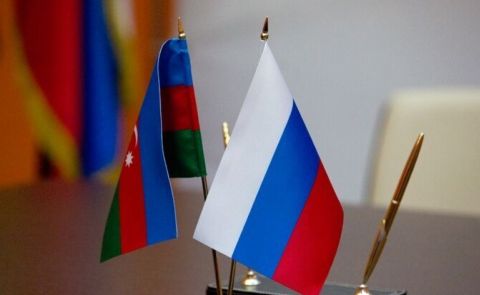
Tensions Rise Between Russia and Azerbaijan Over Medinsky’s Ukraine Conflict and Karabakh Remarks
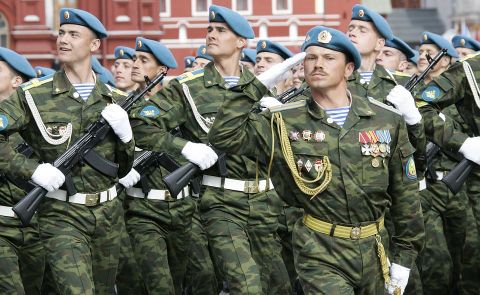
Chechen Official Outlines Conscription Rules for Russia-Ukraine War
